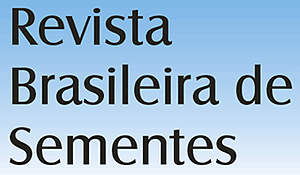Peanut seeds are considered difficult to produce because they often show unsatisfactory levels of germination and vigor due to many factors, including problems associated with fungi and a high sensitivity to mechanical injuries. In addition to treating peanut seeds with a fungicide, treatment with insecticides to control soil insect pests in the early growth stages is recommended. Besides using the routine tests for evaluating the physiological potential of peanut seeds, computer analysis of seedlings has great potential because it is accurate, quick and without any human interpretation errors. This study aimed to evaluate the physiological potential and sanitary quality of peanut seeds treated with a fungicide, an insecticide, and a combination of both, using computerized analysis of seedlings. Seeds of the cultivar IAC 886, untreated and treated with the fungicide Maxim XL (fludioxonil + metalaxyl), the insecticide Cruiser 350 FS (thiamethoxam) and with a mixture of both products, were stored for periods of 0, 15, 30, 45, 60, 90 and 180 days (20 °C, 50% air RH). After each storage period, seeds were evaluated for moisture content, germination, accelerated aging, seedling emergence in the field, electrical conductivity and seed pathology, as well as a computer analysis of the seedlings. It was concluded that computer analysis of peanut seedlings has an efficiency which is equivalent to tests on seeds for accelerated aging and seedling emergence in the field for identifying treatment differences in the absence or presence of a fungicide and a fungicide associated with an insecticide.
Arachis hypogea; image analysis; germination; vigor




